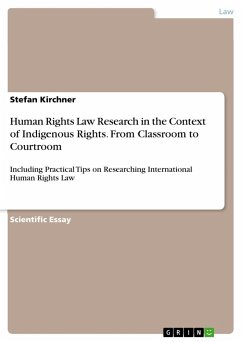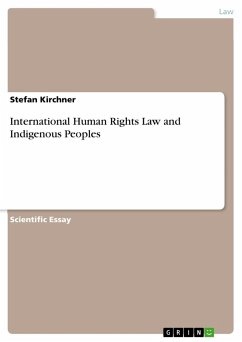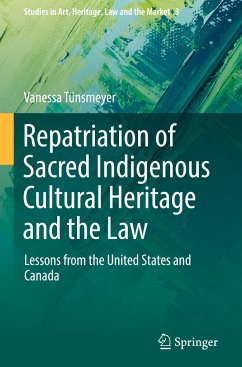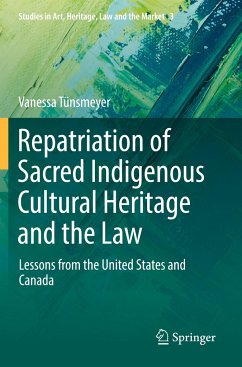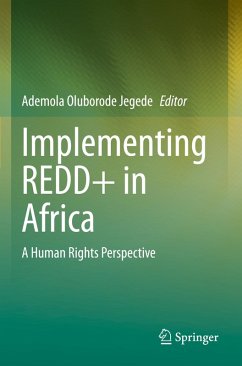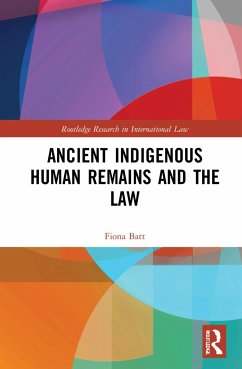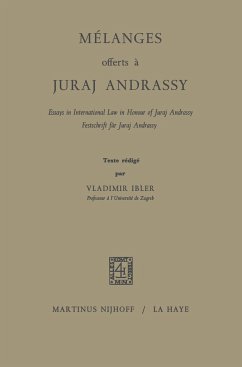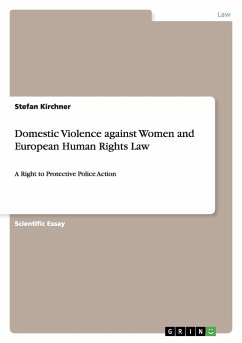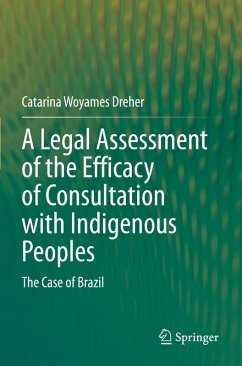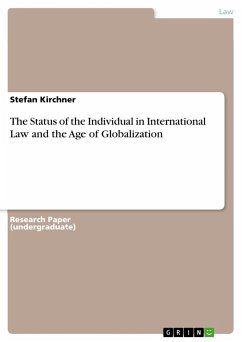
The Status of the Individual in International Law and the Age of Globalization

PAYBACK Punkte
0 °P sammeln!
Research Paper (undergraduate) from the year 2015 in the subject Law - European and International Law, Intellectual Properties, , language: English, abstract: Globalization is not a new phenomenon. Already before, there have been times of increased economic, cultural and political interaction, but also competition, for example during the 17th century when the English and Dutch East India companies heralded a phase of dominance for Northwestern Europe or in the 15th and 16th centuries, when Spain and Portugal colonized what is today Latin America. What is new today is the degree to which global...
Research Paper (undergraduate) from the year 2015 in the subject Law - European and International Law, Intellectual Properties, , language: English, abstract: Globalization is not a new phenomenon. Already before, there have been times of increased economic, cultural and political interaction, but also competition, for example during the 17th century when the English and Dutch East India companies heralded a phase of dominance for Northwestern Europe or in the 15th and 16th centuries, when Spain and Portugal colonized what is today Latin America. What is new today is the degree to which globalization affects the everyday lives of people around the world. One can compare today's era of globalization with the years immediately after the re-discovery of the Americas in 1492 as well as with other phases of increased globalization. While some challenges differ, some are essentially still the same. The key question raised by globalization is how to treat the other. This is the question which is behind all other questions, for example whether precedence should be given to the protection of the environment or free enterprise or the question which role NGOs can play in the legal process. In other words: what is the position of the individual in the international legal process? The question is answered by looking at international law and historic parallels to the current age of globalization.




